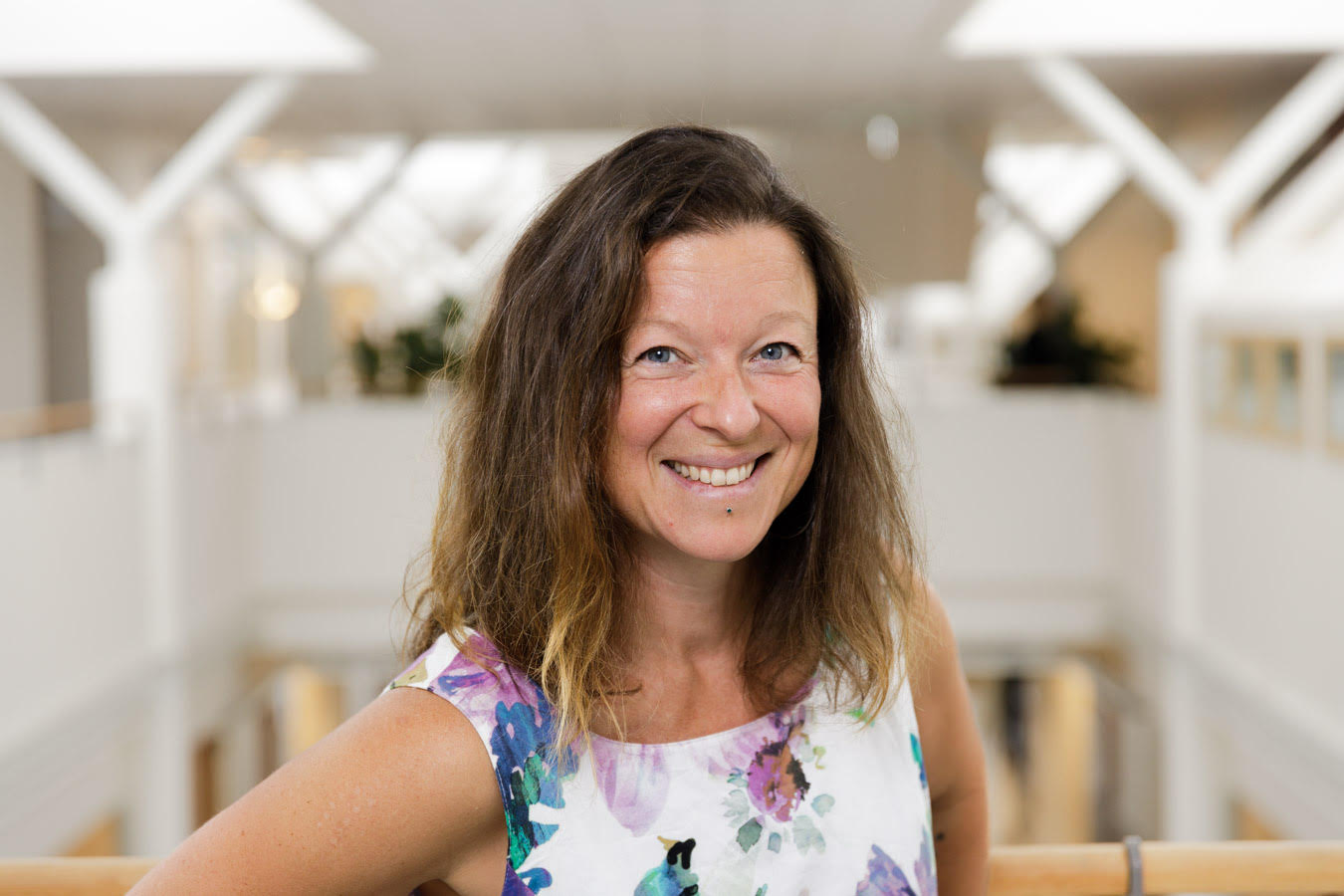Keynotes
Markus Oermann

Designing Software means Shaping Digital Society
When we design software systems, we are crafting the structure of our digital society. The decisions made in requirements engineering and software design ripple through society, affecting not only how we interact, work, learn, and live but also shaping our worldviews, identities, and notions of normalcy.
Software engineers and designers carry a significant ethical responsibility, making it essential to embed value-driven design practices from the very beginning. This keynote discusses the ethical imperatives in software development, emphasizing the need to balance legal and ethical responsibilities with technical innovation. Through a thoughtful approach, engineers can positively influence our digital world, creating a fairer, more efficient, and innovative society.
Dr. Markus Oermann is a Professor of Digital Ethics and Media Law at the Technical University of Applied Sciences Würzburg-Schweinfurt (THWS) in Germany. His background includes serving as a policy advisor on social issues and transformation for the Office of the Federal President of Germany, and working as a consultant for the Federal Government Commissioner for Culture and the Media. His experience also spans roles as a senior researcher at the Leibniz Institute for Media Research | Hans Bredow Institute.
Dr. Oermann studied law, political science, and philosophy at Johannes Gutenberg University Mainz, completed his second state examination in law in Hamburg, and earned his doctorate at the University of Hamburg with a focus on the constitutional protection of internet access.
Email: markus.oermann@thws.de
Birgit Penzenstadler

How to accommodate for Nature as Stakeholder in IT systems?
With the Sustainable Development Goals as a central pillar informing many policies by governments and legislation, we get to think about what it means to include our natural environment as more than a passive backdrop in our operational and business environments.
What are the foundations from sustainability science, what are the legal aspects, and what are requirements engineering approaches to deal with this? I give an overview of the work I have done in this area and connect to new ideas on an agroecology case to widen our understanding of how nature is a relevant stakeholder.
Birgit Penzenstadler holds a PhD in Software Engineering from the Technical University of Munich, Germany. She is an Associate Professor at Chalmers University of Technology and Gothenburg University, Sweden, and Adjunct Professor at the Lappeenranta University of Technology, Finland.
Over the past decade, she has focused on integrating sustainability into requirements engineering (RE), producing a body of work documented by the Karlskrona Alliance, including the Karlskrona Manifesto. This initiative aims to guide sustainable software design. Additionally, she investigates how software engineering research can support permaculture and regenerative agriculture, combining her academic background with her passion for food growing and plant care.
Her insights extend beyond academia; in 2022, she delivered a TEDx talk in Göteborg, Sweden, highlighting the connections between well-being, resilience, and sustainability in technology design.
Birgit also embraces a holistic approach to life as a 500-RYT yoga teacher specializing in breathwork, an Embodied Mindfulness Coach, Reiki level II practitioner, NET (narrative exposure therapy) facilitator, and permaculture designer. She teaches yoga asana at The Gremlin Movement Society in Göteborg and shares guided meditations and breathwork on Insight Timer.
When she’s not advancing sustainability in tech or teaching mindfulness, Birgit enjoys acrobatics in the park and exploring innovative ways to cultivate resilience in daily life.
Video record: https://youtu.be/p6kwQbKR2Mw (YouTube)
Links: